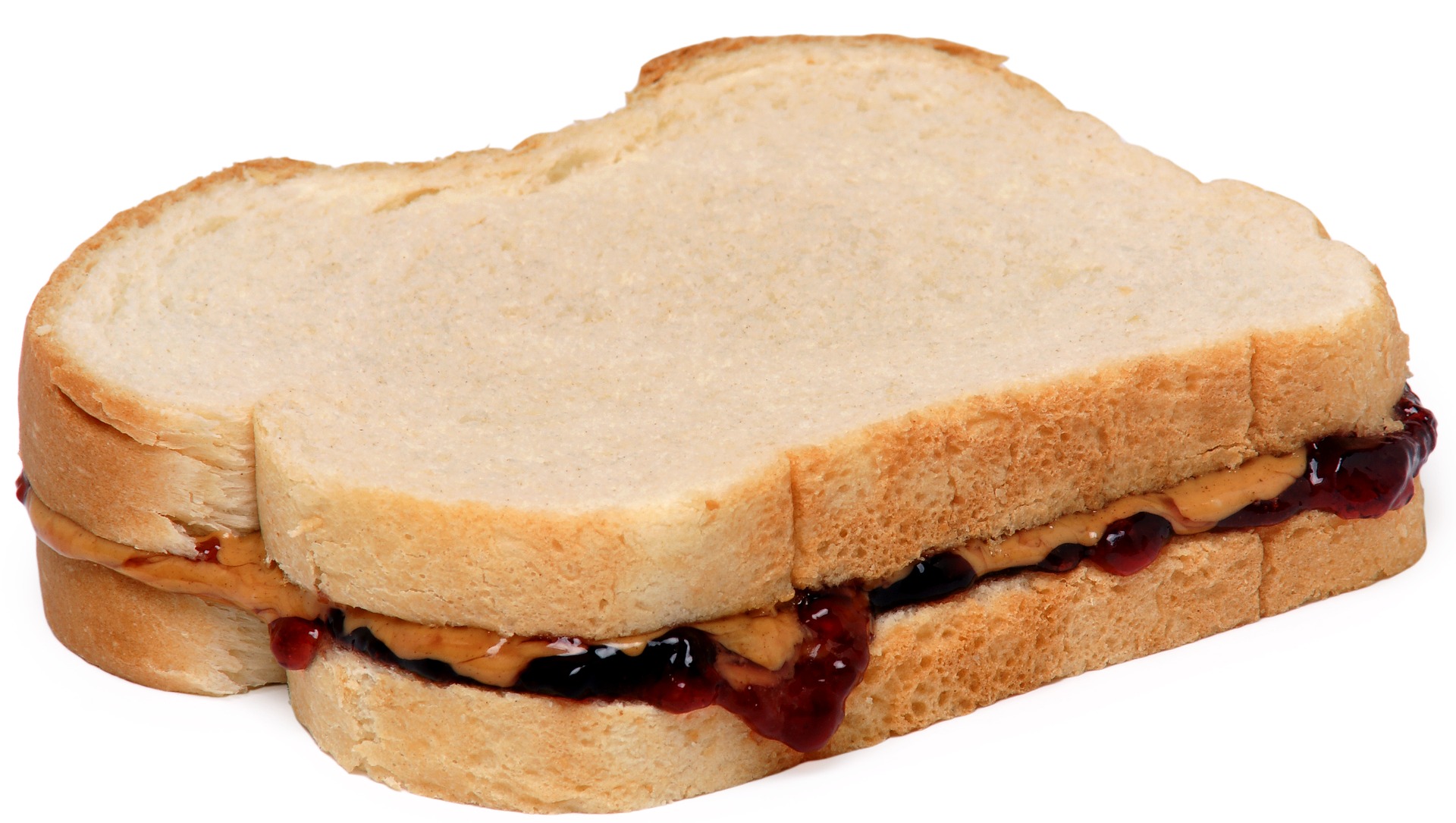Brian Young
Owner | RockIt Career Consultation Services
We met a client recently who had a recent interview for a client services position. He said the interview was going well until he got thrown for a loop on one particular question. Interested, we asked him what the questions was. He said, “Well…he asked me to describe to him how I make a peanut butter and jelly sandwich.”
“Ok. That’s a little different,” I said. Then I asked, “So, what did you tell him?”
He responded, “I didn’t know what to say. I was so surprised by the question. I was just thinking, ‘Why are they asking me this?’”
He went on, “So, I just told him, depending on what I’m in the mood for, I’ll pick out the bread I want to use. Then, I get the peanut butter and put some on one slice of bread. After that, I’ll take some jelly, and spread it on the other piece. Once I’m done with that, I put the two pieces together.”
I assured him that it wasn’t a bad answer, for this, there’s no right or wrong response. It’s more about figuring out how you think and communicate.
So, if you’re ever asked, “Describe to me how you make a peanut butter and jelly sandwich,” what should you say? Or, for that matter, anything else that is a question that is not what you typically get or expect in an interview?
The trick is to understand why they are asking it in the first place.
Why are they asking this?
In the PB&J sandwich example, our client was interviewing for a client service position. Often, this means that they are asked to give instructions to customers about something technical or a difficult process.
Have you ever called in to a company’s customer service or technical service number and got confusing instructions? I know I have. I’ve often gotten off the phone with someone and am more confused than when I got on the phone, which either leads me to give up or try again with another call. Either way, my experience wasn’t very positive, which means I’m less likely to continue working with them or promoting the business to others.
So, the employer is more than likely wanting to see how clear, concise, and logical a person is in giving customers directions. If you can’t describe each step of something as simple as making a peanut butter and jelly sandwich, how are you going to deliver directions to someone who is tech-challenged and is having problems with their technology? If it’s for a financial services company, how will you be able to help a new customer by walking someone through their online account or describing an application process? And so on.
Do you see how asking this question might help an interviewer discern between someone who is good at giving directions and someone who isn’t?
How should I respond?
In this particular instance, the best way to answer this type of question is to map out in your mind, from beginning to end, every action someone needs to take and decision they need to make, in order to complete the sandwich. It’s not enough to give general instruction. Your answer should be as if you’re talking to someone who has never made a PB&J in their life and doesn’t know which utensil to use and how to use them.
But your answer might be a little different if it’s for another role, with different requirements. For example, maybe its for an engineering position. Here you would want to give several options and describe the pros and cons of each possible alternative to the sandwich. You could talk about the bread – one is healthier, another is less crumbly, a third is more moist. Then talk about options of peanut butter and jelly. Then, go on by making your recommendations based on what you understand is the key factors they require. Talk about how to make the assembly more efficient. There are all sorts of angles you could answer.
Again, there’s not a true right or wrong answer, it’s all about how you think and how you would be able to handle similar (but more complex problems) in the real world for their company.
What about brainteasers?
I’ve also heard of interviewers ask odd questions like, “How many televisions are in a certain city?” They aren’t asking if you know a piece of trivia. They, instead, want to see the logic you’re using to come to an approximation. I’ve read about interview questions such as, “Why are manhole covers round?” There are probably many reasonable answers you can give to such a question, but that’s not really the point. What the interviewer wants to know is how well you utilize logic and common sense to solving problems.
These are a little different than the PB&J sandwich, which is more like an audition than a brainteaser. Brainteasers were in fashion for a while with many tech companies; however, after examining them more closely, it’s been shown they are not nearly as predictive of job performance as they were made out to be. This is the reason why companies like Google have abandoned the process.
Why do some people still use them?
Who knows. I think it’s more out of sticking with what you’ve always done than anything else. However, they are being used less and less often, so I wouldn’t bother stressing out about them and focus your time and energy instead to preparing yourself for the more standard, behavior-based interview questions.
Research the company, figure out what itch they have that you can scratch, and develop stories of your accomplishments that align with their needs. If you’re not sure how to do this, it might be a good idea to work with us to help you be ready for your next interview!

